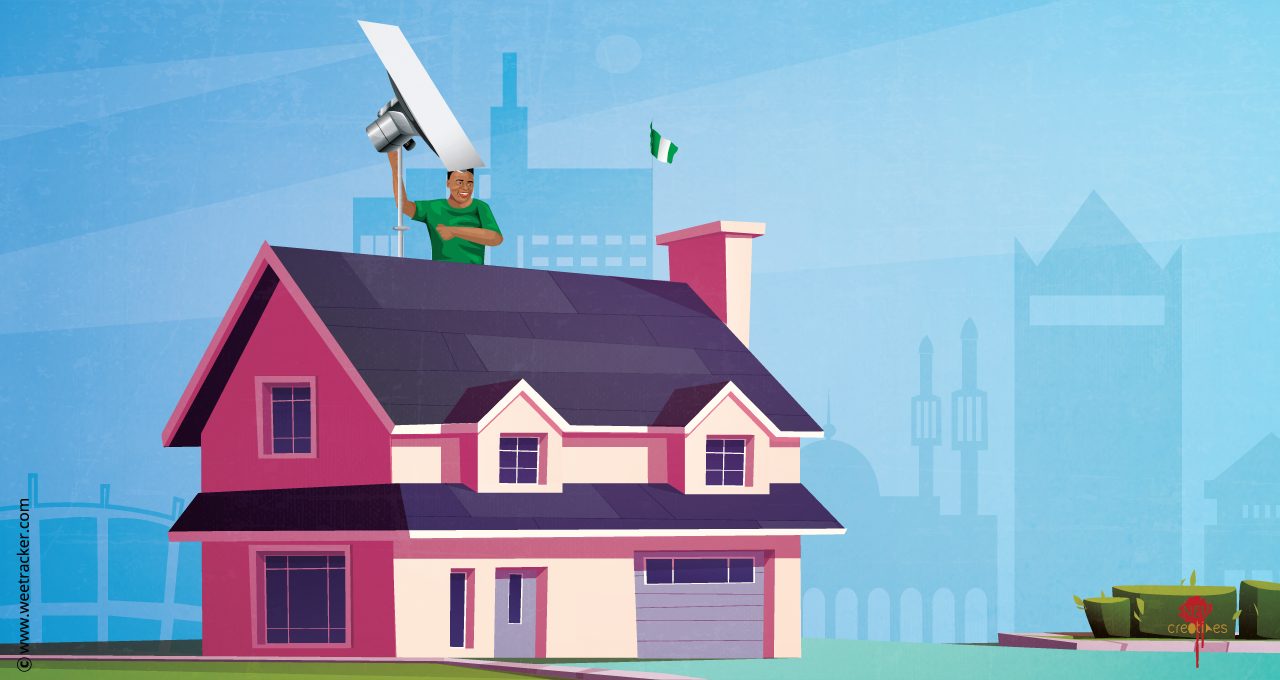Elon Musk’s Starlink Is Having A Moment Amid Major Internet Outages In Africa

As major internet outages continue to plague several African countries due to disruptions in undersea cables, interest in alternative connectivity solutions is surging. SpaceX’s Starlink satellite internet service has emerged as a promising option, particularly given it’s immune to the setbacks faced by traditional terrestrial infrastructure.
In the wake of ongoing connectivity challenges, voices across social media platforms are advocating for the adoption of Starlink in various African nations. Koffi Bentil, Senior Vice-President of policy think tank IMANI Africa, emphasised the need for Ghana to loosen its regulatory stance barring the service, stressing Starlink’s potential to provide uninterrupted internet access in the face of cable failures.
“Internet services are being gradually restored. I hope the authorities will not wait for another crippling problem. Please be proactive about getting Starlink into Ghana so we have options and never have to be crippled when a sea cable breaks,” he wrote on Facebook.
The current outage, caused by damage to at least three subsea cables including the West Africa Cable System, MainOne, and ACE sea cables, has triggered widespread outages and connectivity issues for mobile operators and internet service providers across the continent, leading to huge economic losses.
NetBlocks, Kentik, and Cloudflare have reported significant disruptions in eight West African countries, with Ivory Coast, Liberia, and Benin being the most affected. Ghana, Nigeria, and Cameroon are among other countries impacted, with several companies also reporting service disruptions in South Africa.
Africa’s biggest telcos MTN Group and Vodacom Group Ltd. said connectivity issues on undersea cable failures are affecting their services. Stopgap measures have since been implemented but service remains choppy and could take several weeks to fully correct.
Update on Submarine Cable Outage: West Africa Remains Open for Business pic.twitter.com/qdG8FFDAZB
— MainOne (an Equinix Company) (@Mainoneservice) March 18, 2024
Last December, Ghana’s National Communication Authority labelled Starlink illegal and the Elon Musk-backed service is also barred in South Africa and some other countries over regulatory disputes.
Tech and data management professional Mac Jordan raised questions regarding regulatory approvals for Starlink in Ghana, highlighting on X the need for legal redress amid the current subsea cable cuts affecting the region. The appeal for diversifying internet connectivity options to mitigate vulnerabilities has resonated widely.
In response to the escalating demand for reliable internet services, local businesses are leveraging Starlink to address the pressing needs of remote workers and businesses. In Cameroon, co-working spaces equipped with Starlink internet are offering an alternative to those grappling with connectivity issues at work.
As major internet outages continue to plague the continent, Starlink’s rollout in the African market marks a significant shift in the region’s quest for universal internet access. With its innovative approach, Starlink has been gaining traction, offering a lifeline to users in areas plagued by infrastructure challenges and unreliable terrestrial networks.
Driven by a constellation of thousands of Low-Earth Orbit satellites positioned just 550 kilometres above the Earth’s surface, Starlink offers broadband internet access with competitive speed and reliability. This constellation architecture allows Starlink to bypass the limitations of traditional geostationary satellites, resulting in faster data transmission and lower latency.
⚠ Confirmed: Live network data show a major disruption to internet connectivity in and around West and Central #Africa; the incident affects networks supplying telecoms via subsea cables to multiple countries and operators 📉 pic.twitter.com/KOfGpjL7jz
— NetBlocks (@netblocks) March 14, 2024
In Nigeria, Rwanda, and other African countries where Starlink has been deployed, users are experiencing steady internet connectivity amid the outages. Remote communities, previously underserved by traditional providers due to cost and logistical challenges, are able to gain access to high-speed internet via the service.
Despite initial concerns about affordability, Starlink’s long-term cost-effectiveness compared to traditional fibre optic and mobile internet providers is garnering attention. While the upfront costs may be higher for some users, the reliability and performance offered by Starlink justify the investment, especially in regions where internet downtime can have significant economic repercussions.
As the demand for reliable internet connectivity continues to rise across Africa, Starlink’s expansion plans are poised to address the continent’s connectivity gaps head-on, with commitments to roll out services in additional countries such as the Democratic Republic of Congo, Kenya, and Tanzania.